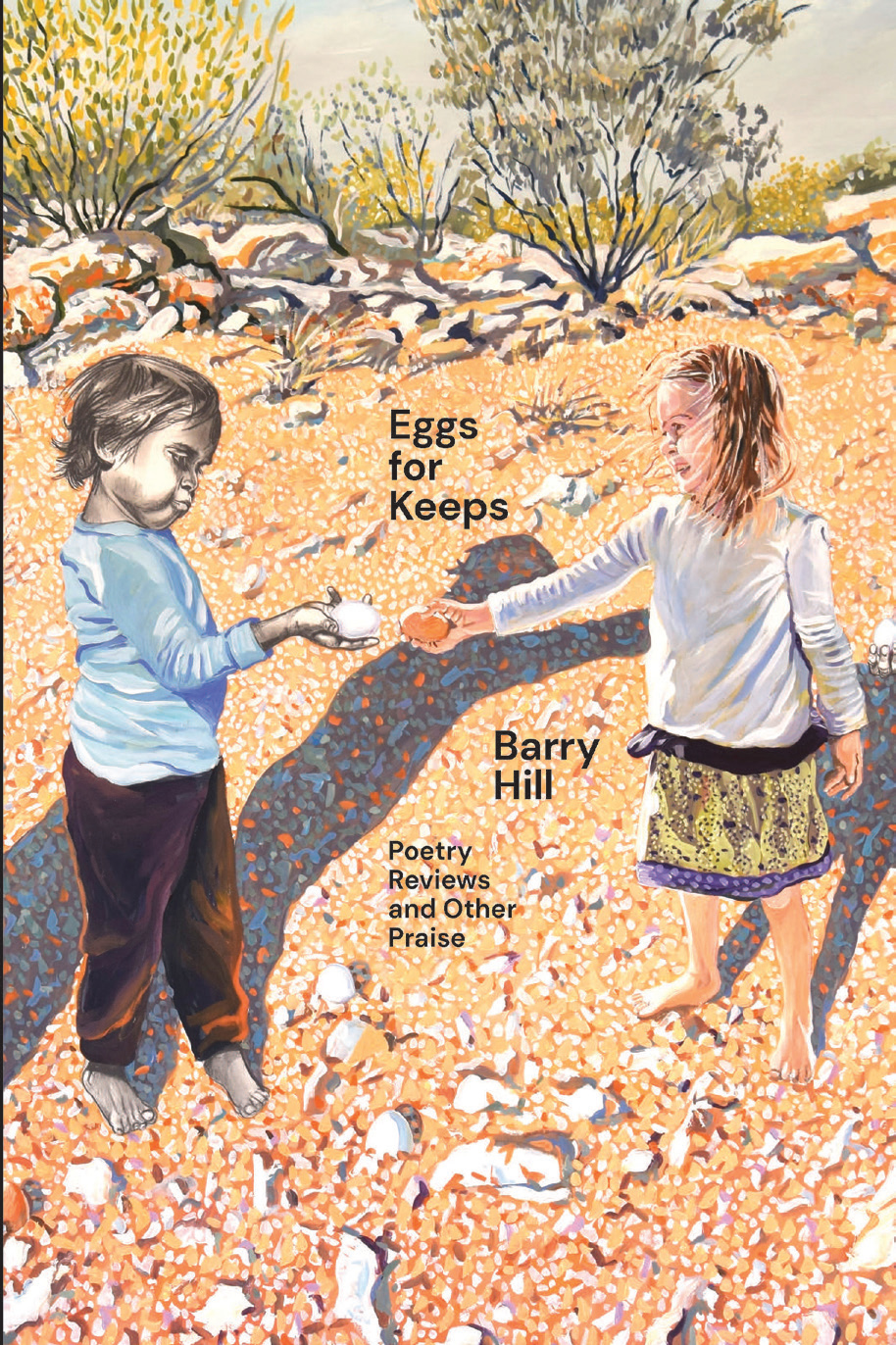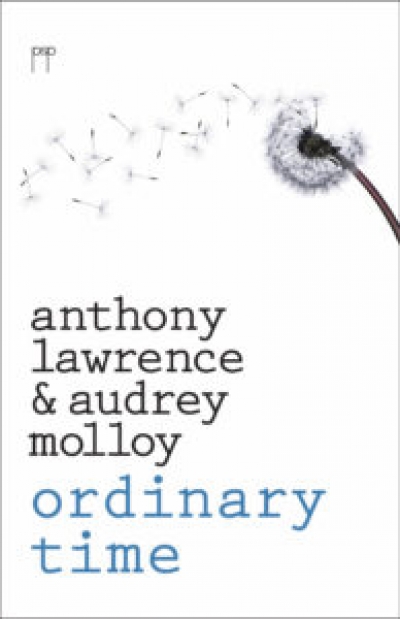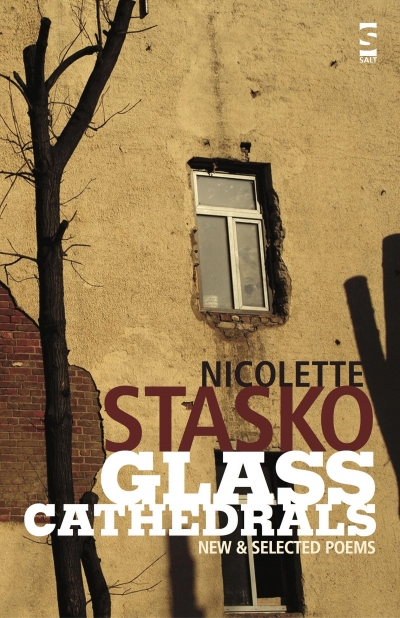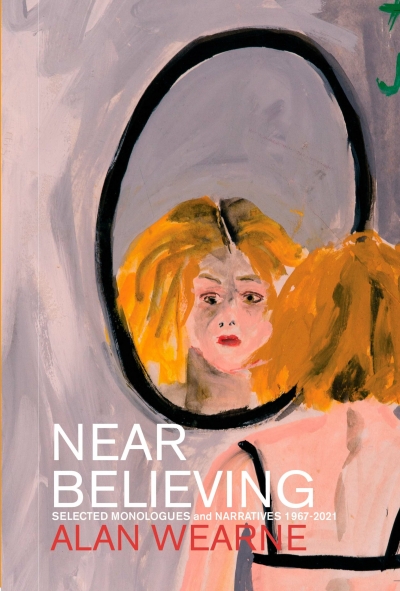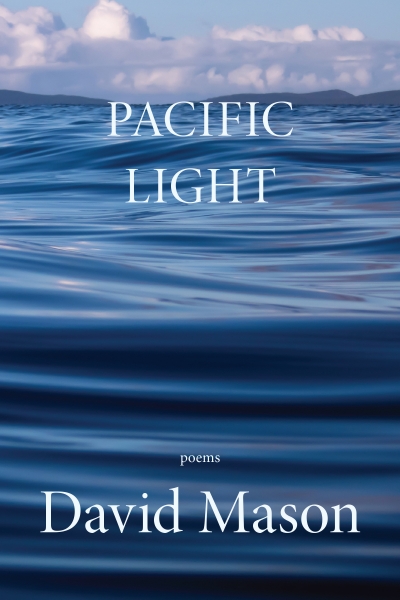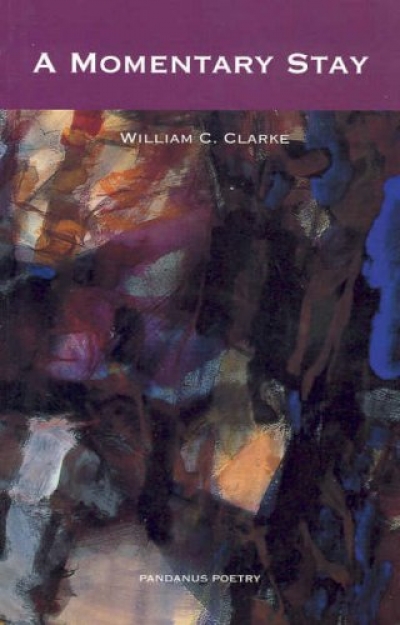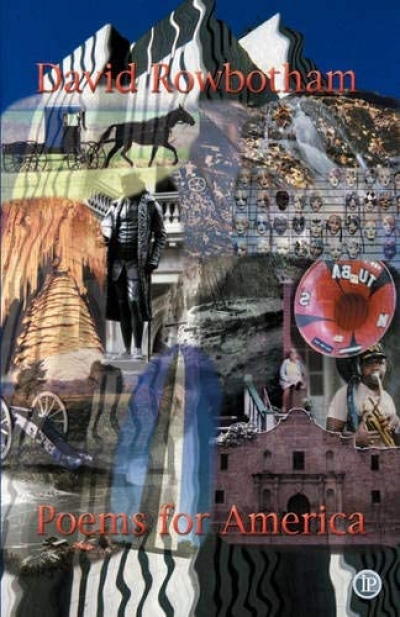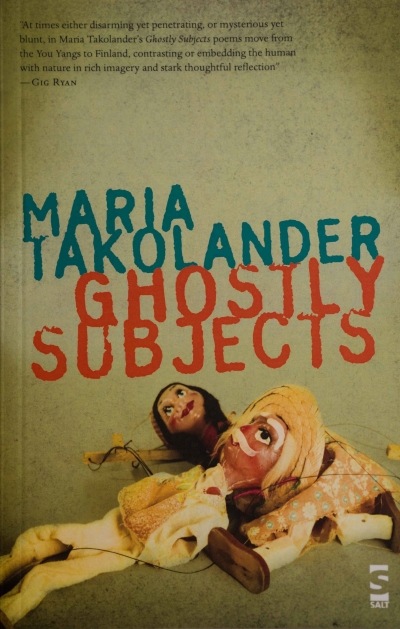Poetry
Eggs for Keeps: Poetry reviews and other praise by Barry Hill
'The point is to deal with the stuff itself,’ wrote John Berryman. He was referring to Randall Jarrell, paragon of mid-century poet-critics – one who did, indeed, deal with the stuff itself, writing of poetry with the practical competence of a mechanic who knew his way around an engine, having built a few himself – but he could just as easily be speaking of Barry Hill.
... (read more)These strange years of pandemic and lockdowns certainly brought challenges and unusual experiences – those of constraint but also, surprisingly, of opportunity and richness. The curious spaces we occupy in the ether have become a seedbed for conversation and exchange; for connections that otherwise might not have found a field in which to prosper. Despite or perhaps because of the limits of the digital, perhaps even because we were undistracted by physical proximity, these spaces seemed to offer the potential for a raw honesty – lacunae of sotto voce conversations which brought us ironically into a form of seemingly unmediated communication. From the hermetically sealed bubble of lockdowns, digital connect took on the intensity of embodied dialogue, the intimate voice in the ear.
... (read more)Glass Cathedrals: New and selected poems by Nicolette Stasko
Nicolette Stasko’s poetry is as far from the postmodern baroque as it is possible to be. This is not to say that her work lacks awareness of contemporary theories of art, but rather that her style eschews self-consciously clotted imagery, radical syntactical dislocation, and the production of high-sounding obscurities. There is nothing rebarbative here. At their best, the limpid surfaces of these poems invite the reader into aesthetic experiences where the pictorial is rendered with such clarity that the images resonate deeply. As we might expect from a poet who writes one of her best sequences in response to Cezanne and another following Van Gogh, the most satisfying of these poems recreate that moving stillness characteristic of figurative painting.
... (read more)Near Believing: Selected monologues and narratives 1967–2021 by Alan Wearne
The near-religious title of Alan Wearne’s new selection of poems, Near Believing, gives an impression of bathos and deprecation, while nevertheless undermining structures of belief, as represented in the book; at times this belief is explicitly Christian, but can also be seen more generally as belief in others, or in the suburban way of life. It is, then, while modest-seeming, highly ambitious – and, in another irony, further evokes the pathos, and hopelessness, of wanting to believe. In the title poem, which appears in the uncollected section, ‘Metropolitan Poems and other poems’, a ‘near-believer’ is defined by the poem’s priest speaker as ‘that kind of atheist I guess who prays at times’. This formula captures the ambiguity of the book’s many speakers and their addresses.
... (read more)Poet, essayist, and librettist David Mason grew up in Washington State, worked for many years in Colorado (where he became the state’s poet laureate) and a couple of years ago moved to Tasmania. Pacific Light, his new collection, is largely about that transition and his getting to know the landscapes and cultures of his new country.
... (read more)A Momentary Stay by William C. Clarke & Sand by Connie Barber
William C. Clarke cuts an interesting figure. An anthropologist who has concentrated on Pacific populations, Clarke combined this discipline with an interest in poetry in his 2000 lecture ‘Pacific Voices, Pacific Views: Poets as Commentators on the Contemporary Pacific’. Clarke used his poetry as a vehicle for considering issues such as land tenure, corruption, and tourism. It is angry, astute poetry; this is not the tranquil Hawaii and Fiji of tourist literature. Such poetry is undoubtedly moving, despite Clarke’s echo of W.H. Auden’s assertion that ‘poetry makes nothing happen’.
... (read more)David Rowbotham is a Queensland poet whose first book was published nearly fifty years ago. His career has a shape that is often found in the arts: a quiet figure whose work is politely rather than rhapsodically received, and whose reputation grows almost by a process of attrition until, eventually, he is one of the few of his contemporaries left standing. It often comes about that a consistent, undemonstrative style, adhered to religiously, itself becomes an important statement, to be rediscovered by a new generation of contemporaries. But this is not quite what has happened in Rowbotham’s case, because his books have changed continuously. He began writing as a young man, returned from the war, discovering for the first time the place in which he had grown up: Ploughman and Poet (1954) may be Bulletin in style, but it is a complex book, and the central oppositions between city and Darling Downs, between manual labour and poetry, remain compelling.
... (read more)Award-winning Louis de Paor, in the spirit of many of his literary compatriots, has produced his best work out of being away from Ireland. Cork and Other Poems, a bilingual collection, celebrates the presence of memory, the confrontation of points of departure. Although his luxurious rhymes in Irish are lost in English, his similes (‘The back of the car’ ‘watertight as a fish’s arse’) and kennings (‘sky-horse’, meaning plane) maintain a resilient life even in translation. Some images are plainly original. Others are held up by mythology, as in ‘The Pangs of Ulster’ and ‘Heredity’. De Paor’s poems remind me of what Bernard O’Donoghue and Chris Wallace-Crabbe said, respectively, of Seamus Heaney’s poetry-steeped in ‘northern Bog-myths’, ‘notably muddy’. This is a remarkable world of rain and birth, fetches and the supra-natural, marsh and sinking. But in this book, his third collection, de Paor’s startling, terse narratives have ‘sweetened the underground dark’ of family, love and homecoming. The language is fluid and urgent, exemplified in ‘Oisn’ and ‘Nanbird’. While he considers the particular through the lens of myth, his true ground is the specific, the faith in individual comprehension, where, when I ‘set foot on the ground / I [see] my reflection / brought down to size.’
... (read more)In Ghostly Subjects, her first book-length collection, Maria Takolander brings a sharp, wide-ranging voice to various themes of haunting. What, after all, does it mean for a subject to be ghostly? Takolander reveals a fasci-nation with the ways that surfaces of many kinds might be disrupted within the poetic text – for example, the ways in which the present can be interrupted by the pressures of the past, or an external geography of landscape by the private desires of the heart, or the stage of global events by the graspable scale of the local. And as these boundaries blur and suffuse, Takolander’s poetry suggests that the subject is not only the world under the scrutiny of the poet’s eye, but also the subjectivities of poet and reader, both drawn into these shifting spheres of light, shadow, and surprise.
... (read more)Calibre Prize
Since announcing the joint winners of the third Calibre Prize, we have received many compliments for Jane Goodall’s and Kevin Brophy’s winning essays, and various expressions of support for Calibre. Several of these appear on our website, and this month we also publish letters from Elisabeth Holdsworth inaugural winner of the Calibre Prize in 2007 and from Nicholas Jose, who also writes about the Macquarie PEN Anthology of Australian Literature in this issue.
It is very pleasing to be able to announce that Copyright Agency Limited, through its Cultural Fund, will sponsor the fourth Calibre Prize, for which ABR now seeks entries. Once again the Prize is worth $10,000, making it one of the world’s most lucrative awards for a new essay. This year we are adding a second Prize Young Calibre which is open to those aged twenty-one and under. Young Calibre is worth $3000 not a bad start for a brilliant secondary student or undergraduate. More details appear on page 9, and both sets of guidelines and entry forms are available on our website or from the ABR office.
... (read more)

